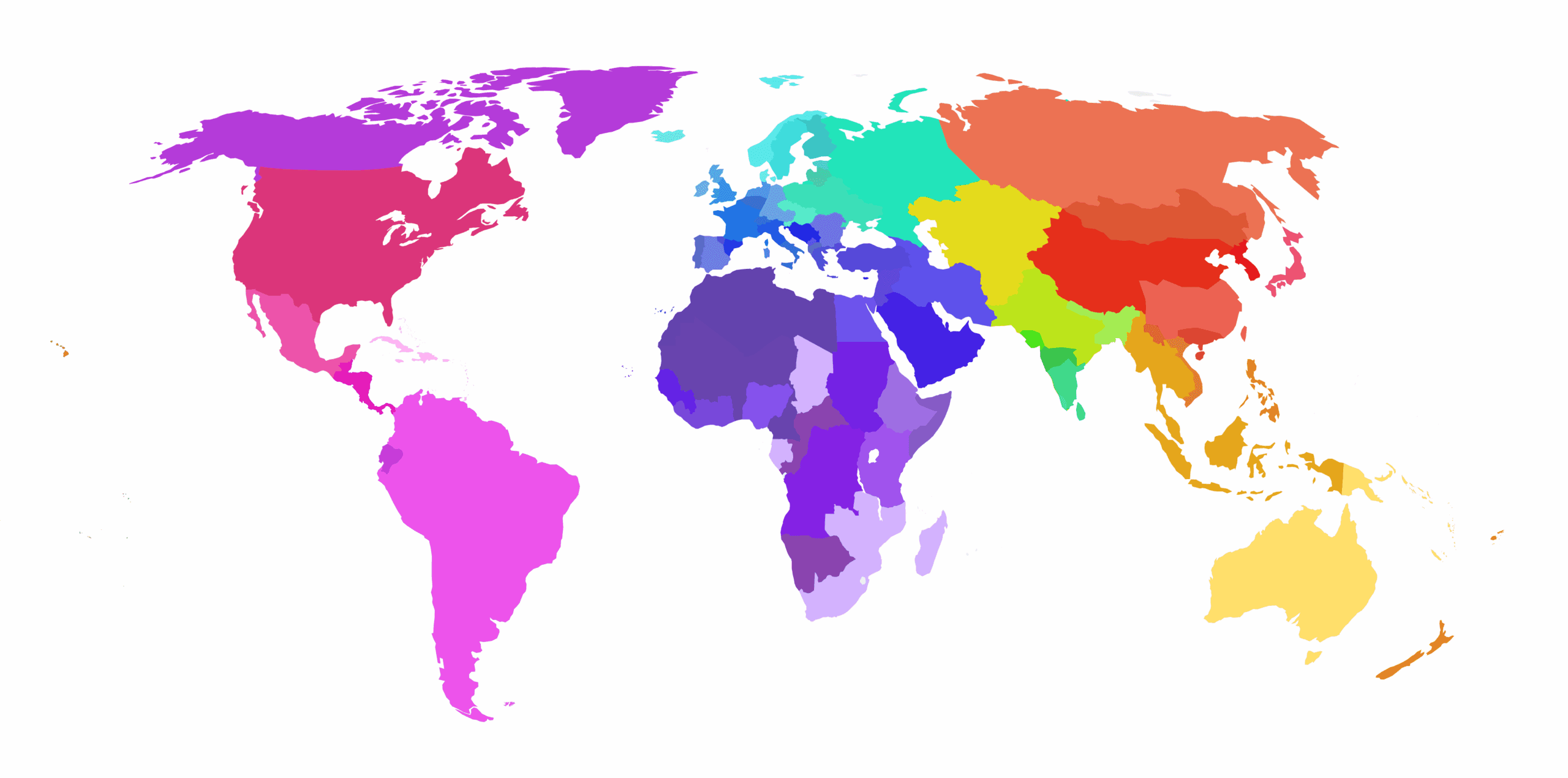
A study published in March in the journal PLoS ONE suggests that having more African ancestry is associated with higher risk for type 2 diabetes.
Type 2 diabetes is one of the most common chronic diseases in the United States, affecting about 26 million people and more than 25% of the population over the age of 65. While most people realize that lifestyle factors like an unhealthy diet and lack of exercise increase the risk of developing the disease, many may not realize that ancestry plays a role, too. In fact, type 2 diabetes strikes non-white ethnic groups at higher rates, with African Americans experiencing the highest rates of all.
Higher rates of obesity and heart disease, and lower socioeconomic status in the African American population certainly contribute to this trend, but, as this study found, those factors aren’t the whole story. Led by Ching-Yu Cheng and Linda Kao from Johns Hopkins University, the research team analyzed DNA from more than 7,000 African Americans and found that those with the most (> 87.5%) African ancestry had about 33% higher odds of type 2 diabetes compared to those with the least (< 80.5%) African ancestry after accounting for body mass index (BMI) and socioeconomic status.
A person’s ancestry can be traced back to various regions of the world (e.g., Europe, Asia, and Africa) using genetic markers that are known to be indicative of those ancestral groups. On average, the African Americans in the study had about 84% African ancestry.
Cheng and Kao’s findings add further support to the idea that differences in disease rates across different populations can be partly explained by ancestry genetics. A previous study looking at atrial fibrillation (a heart rhythm disorder) in African Americans also found that having more African ancestry correlated with higher odds of the condition. Most likely, correlations like these reflect variations in the frequency of many different genetic factors involved in disease. In a few cases, though, individual genetic factors can have greater importance. For example, in East Asians, who have some of the highest rates of esophageal cancer in the world, a specific genetic factor causing the “alcohol flush” reaction plays a direct role in the development of esophageal cancer.
Studies like this one highlight the complex interplay between ancestry and health in African Americans, the vast majority of whom can trace significant parts of their ancestry back to at least two continents. Combined with DNA-based tools that allow people to see their ancestral breakdown, health risk assessments that incorporate genetic ancestry may help make healthcare more personalized.




